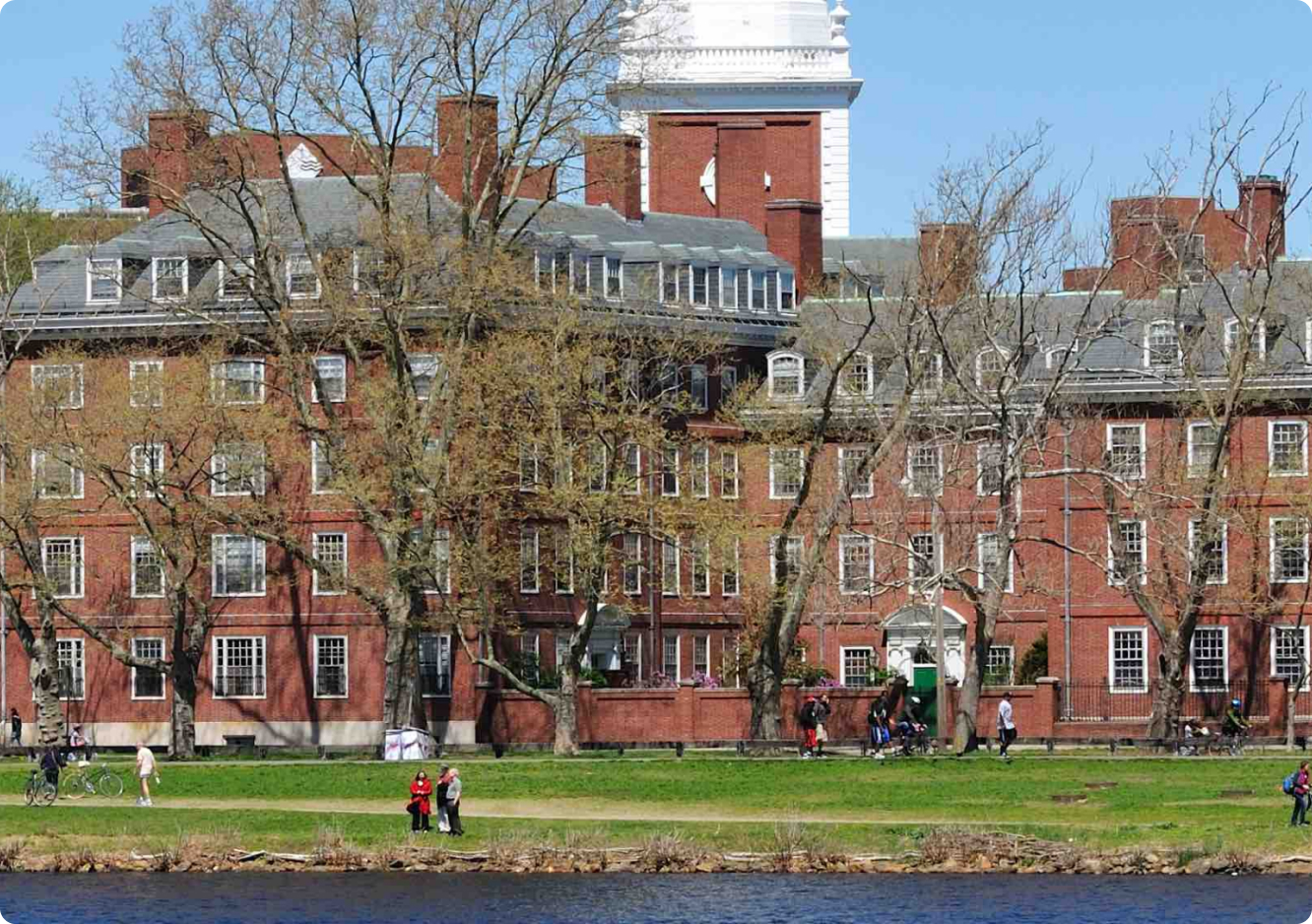Join us for Getting a Jumpstart on College Applications for ’26 on 4/23 at 8 pm EST. Space is limited, register today!
Join us for Getting a Jumpstart on College Applications for ’26 on 4/23 at 8 pm EST. Space is limited, register today!

Last week, we argued that choosing a small, liberal arts college might be better than a large university. Why, then, do so many more students apply to large universities – those with more than 20,000 students?
Consider these 6 reasons why, for some, bigger is better.
Consider lots of factors when making your college list: distance from home, cost of attendance, geographic location, academic opportunities and size. There are benefits to both small colleges and large universities. Which will you choose?

